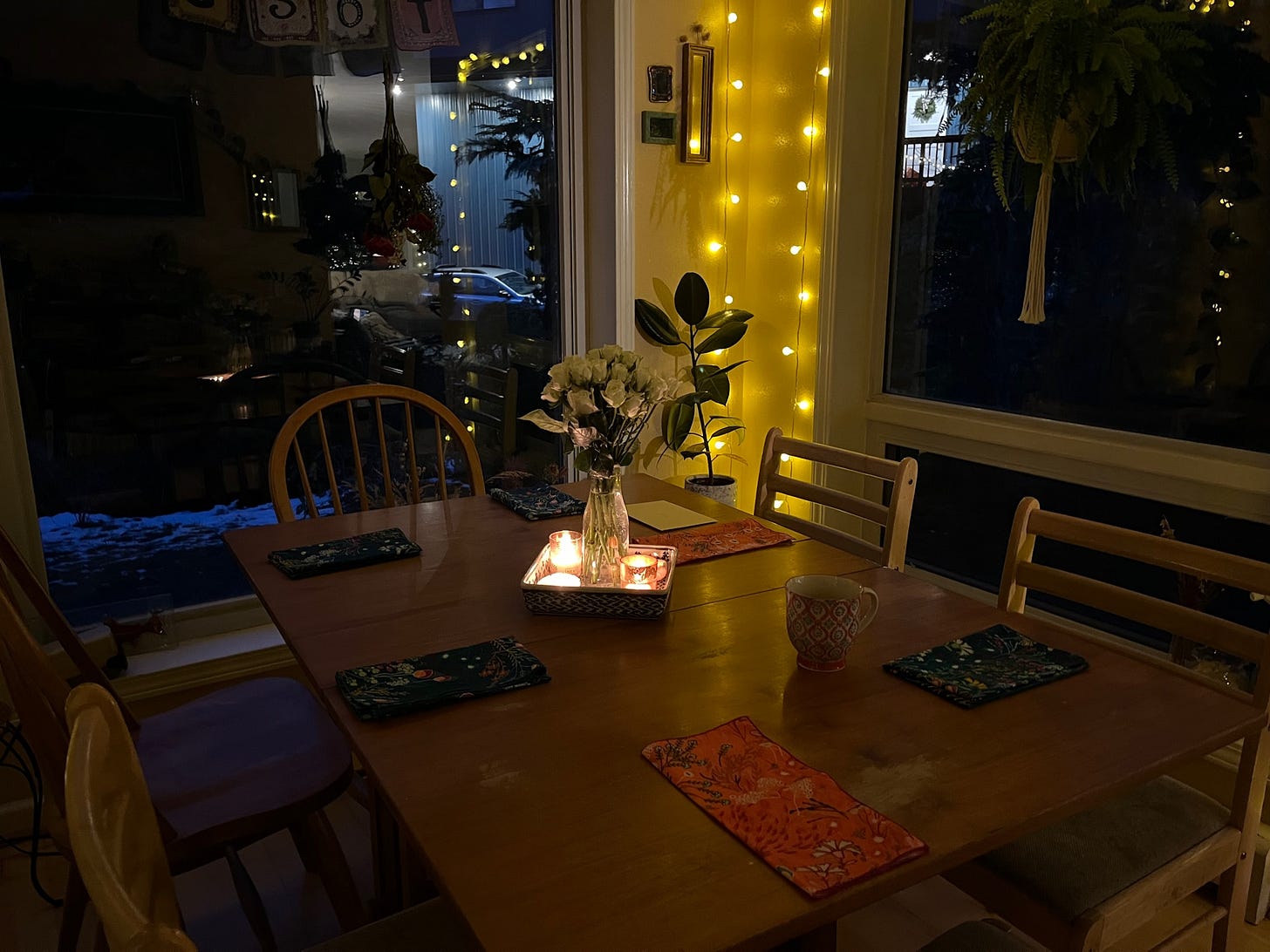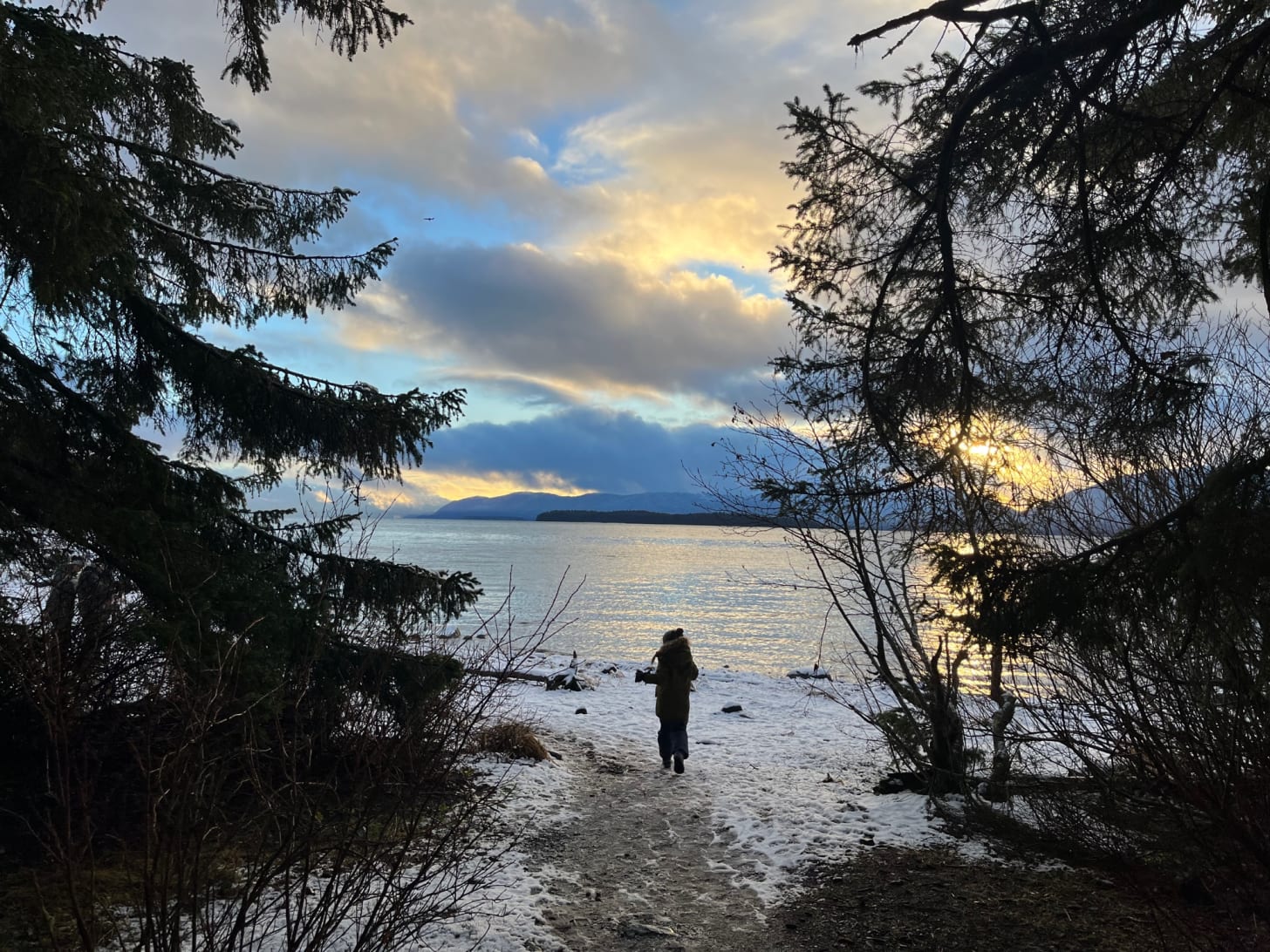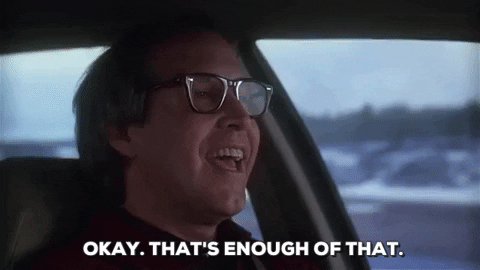Someone suggested that instead of making a New Year’s resolution, try a “compass word” that points you in the direction you want for the new year.
Last year, my compass word was to be present. Yes, I know that is three words.
My interpretation of present was anything that got me out from behind my computer. I was so damn present that I presented everything: dance performances in a drag show and on the stage at Folk Fest; hosting poetry readings and Mudrooms storytelling events; emceeing two rallies for education on the Capitol steps; concerts and plays with and without my kids; cabins; skiing; family trips; overnights with friends; dinner parties; games; family movies; soccer matches, kid recitals, birthday parties, blah blah blah.
Presently, I am exhausted.
While thinking about my compass word for 2024, the word less came to mind.
There’s a great Michelle Wolfe piece about all-you-can-eat buffets. “You never leave an all-you-can-eat buffet wishing you had eaten more,” she says.
I started doing less around Christmas. We hung up only four of the usual hundred ornaments. We had less snow; we didn’t go skiing. We had less playdates, activities, and parties. Less expectations.
Less felt good. Less felt like more. More had left me depleted.
Last night, I asked my kids what they wanted their compass word for 2024 to be. My son said more, and my daughter said overload.
Which leaves us with this:
Or if you’re a Gilbert and Sullivan fan, this:
Obviously, my less is unrealistic if my kids choose more and overload.
Honestly, I don’t blame my children for wanting more. What kid says, “I want less candy on Halloween/ at the parade/ less presents”?
I blame corporate America and a culture that values productivity, often over relationships. “Happiness” in Euro-American culture takes a more-is-more approach, which contradicts my goals of less. Getting to more requires a future orientation, which contradicts my goals of being present.
In order to feed the Euro-American ideal of “happiness” and “success,” we create more, which makes us want more, which makes us do more, until we end up with the opposite of less. Capitalism teaches us that we never have enough. We need to keep up, be competitive, and get ahead. Ahead of whom? We look at others as if they were our tool of measurement. We covet. We compete. We compare. We fill our plates with food from the all-you-can-eat buffet and gorge ourselves until our stomachs hurt.
When I established my private Spanish instruction business for children, I wrote on the poster, “Make sure your child doesn’t fall behind! Teach them the fastest-growing language in the U.S.!” I exploited my fellow Americans’ insecurities of not-enoughness. It worked. I got lots of sign-ups.
I do believe it’s a good idea to teach children Spanish. But my point is the same: what is the root fear of not getting enough done, not having enough, of not being enough?
Arthur Brooks, editor for the Atlantic, once wrote, “The pleasure and meaning you can find right now are real; the meaninglessness of the future is not.”
Studies show that people who live more in the moment are generally happier. Conversely, people who set goals are happier, requiring a future orientation. Another ingenious paradox!
When I lived in the Bay Islands, I saw how people walked slowly, savoring the earth under their bare feet. They took their time in making meals. Only a fraction of their day was dedicated to work, often harvesting food for selling and meal preparation. They took the time to talk to people and establish relationships before asking for something in the store. They took frequent breaks throughout the day. And they were happy.
Vietnamese Buddhist monk Thich Nhat Hanh wrote, “While washing the dishes, one should only be washing the dishes, which means that while washing the dishes, one should be completely aware of the fact that one is washing the dishes.”
Using this analogy, having less would be leaving the dishes to help my fourth-grader with her homework or excusing my fourth-grader from her homework to teach her how to do the dishes with me. What is more meaningful? What can I eliminate from the all-you-can-eat buffet?
The same could be true about comparing myself to others. What do I really want, and what is social noise inadvertently convincing me into thinking I want something (read: not real)?
[Many] of the women in that generation who were primarily at home—now, that also meant community activists and volunteers and many other things. But many of them said, “I wish that I hadn’t worried so much about what other people thought of me, and I had done more of what I felt was true to me.” And so I think those are two of the big regrets that emerge from our study.
—Atlantic article, “A New Formula for Happiness”
When I lived in Costa Rica, I had less. We wore next to nothing, thanks to the heat, but we also had spare furniture, and it was worth it to live in a culture in which everyone seemed mostly content and often happy. Most people rode bikes or drove beater cars because the tax was 100% on a car’s value. The country with the most preserved land taxed the cars high to stymie development and keep the country pristine. School lasted half a day for students, not 7.5 hours, yet the country enjoyed a higher literacy rate than the U.S.
It used to irk my Venezuelan ex-husband (whom I met in Costa Rica) when Americans asked him, “What do you do?” (For some reason, people never asked me that. ) In Latin America, people asked, “¿Qué me cuentas?” What can you tell me? Who you were was more important than what you did.
“If the path before you is clear, you’re probably on somebody else’s path.” — Joseph Campbell
To me, being present is not being afraid of stillness. It’s not being afraid of the future. Having less is not looking at others for a compass but instead looking at myself and saying:
I don’t need all the experiences, new clothes, the latest earrings, trips, a million friends, the coolest decor, or the latest technology. And neither do my kids! (Don’t tell them I said that!) I don’t need to outrace, outnumber, outsell, out-publish, or give a flying outhouse what others are doing. Because I’m on my own path, and it’s enough.
I’m curious if you have thought at all about a compass word for 2024. If so, please put it in the comments!
I hope 2024 brings you whatever you desire, whether less, or more, or both!
Summer










You summed up so well my perception of American society. I often wonder if that perception is skewed because I haven't lived there much, my parents moved to Europe in 1969 and I've lived there ever since, except for an 18-month post-doc stint in the states in the late 1980s. It seems to me that most Europeans do know how to slow down and enjoy life (5-6 weeks paid vacation, for starters!).
My initial compass word (great name for it, by the way!) for 2024 was "discernment" in relation to choosing to focus on what's meaningful to my authentic self.
The word has morphed now into "serenity" - when I'm connected to my true self, I can be serene about the choices I make. The word also reminds me of "the serenity prayer". I'm not at all religious so I don't remember it by heart. I like how it very succinctly evokes the wisdom of knowing when to act and when to let go.
My compass word is pause or wait. Before responding to perceived oppositional statements from others, pause so they can complete their thoughts. Interrupting is rude and disrespectful and there is value in hearing all of someone’s statement before responding.